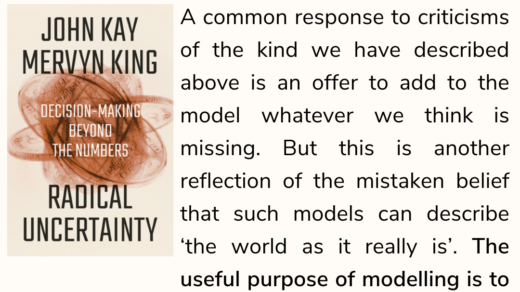In the winter of 2002, as the first KIPP Academy graduates were making their way through high school, Levin’s brother, a money manager, gave him Learned Optimism, a book by Martin Seligman, a professor of psychology at the University of Pennsylvania. Seligman is one of the main scholars behind the school of thought known as positive psychology, and the book, originally published in 1991, is the movement’s founding text, teaching that optimism is a learnable skill, not an inborn trait. Pessimistic adults and children can train themselves to be more hopeful, Seligman says, and if they do, they will likely become happier, healthier, and more successful. In Learned Optimism, Seligman wrote that for most people, depression was not an illness, as most psychologists believed, but simply a “severe low mood” that occurred “when we harbor pessimistic beliefs about the causes of our setbacks.” If you want to avoid depression and improve your life, Seligman counseled, you need to refashion your “explanatory style,” to create for yourself a better story about why good and bad things happen to you. Pessimists, Seligman wrote, tend to react to negative events by explaining them as permanent, personal, and pervasive. (Seligman calls these “the three P’s.”) Failed a test? It’s not because you didn’t prepare well; it’s because you’re stupid. If you get turned down for a date, there’s no point in asking someone else; you’re simply unlovable. Optimists, by contrast, look for specific, limited, short-term explanations for bad events, and as a result, in the face of a setback, they’re more likely to pick themselves up and try again.
While it dosen’t make sense to be optimistic for everything, having an optimistic outlook in general can lead to resilience and the will to constantly try new things out, despite any setbacks. Later in the book, it is also stated that the best chess players learn to be pessimistic when evaluating moves, but adopt an optimistic outlook of the game in general.
That makes sense. How many times have we made poor, rash decisions due to over-optimistic attitudes? While we do need to be upbeat and have a postiive outlook in general, it serves us well to constantly question and think about the worst case scenario of our next immediate moves.



